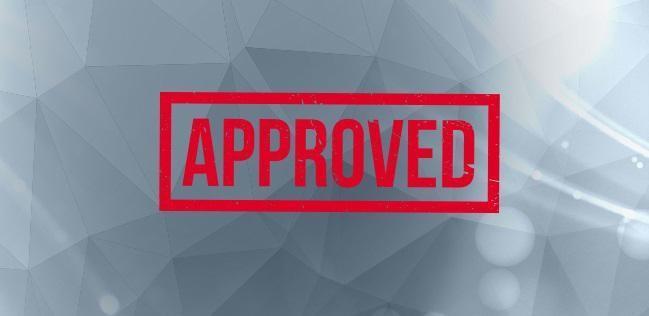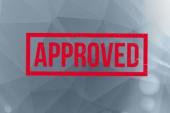Symplicity Spyral Approved: FDA Clears Second Renal Denervation System
Commercial cases have already begun in the US, but there are still questions about where the procedure will fit into practice.

The US Food and Drug Administration has approved the Symplicity Spyral renal denervation system despite the lack of an endorsement from one of its advisory committees, bringing a second such technology for the treatment of uncontrolled hypertension to US physicians, device maker Medtronic announced Friday.
The news about the radiofrequency-based system came just 10 days after the agency approved the ultrasound-based Paradise system from Recor Medical. Both have broad indications for the treatment of hypertension when lifestyle modification and drug therapy fail to get a patient’s blood pressure under control.
Days after the Paradise approval, Recor Medical announced the completion of the first commercial cases in the US, and for its part, Medtronic said it “will immediately begin commercialization.”
The Society for Cardiovascular Angiography & Interventions (SCAI) called the dual approvals “a groundbreaking advancement in the treatment of patients with uncontrolled hypertension” in a statement released Monday. “This innovative technology,” SCAI President George Dangas, MD, PhD (Icahn School of Medicine at Mount Sinai, New York, NY), said, “has the potential to revolutionize how we approach the management of high blood pressure which has grown tremendously globally, offering patients a safe and effective treatment option.”
In anticipation of this news, SCAI released a position statement on renal denervation over the summer, touching on patient selection, operator competence, training and techniques, and organizational recommendations. It also said it will be holding a workshop on building successful renal denervation programs at its annual meeting next year.
It’s taken more than a decade to get to this point for the field of renal denervation, a time that included initial enthusiasm based on big blood pressure drops in uncontrolled studies, disappointment from the failure of the SYMPLICITY HTN-3 trial to show an advantage for the intervention over a sham procedure, and then a spate of mostly successful sham-controlled trials over the past few years.
Both the Paradise and the Symplicity Spyral systems were evaluated by an FDA advisory committee over the summer, with a positive outcome for the former and a less-favorable assessment for the Medtronic system. Though the committee was unanimous in its assessment that it is safe to use, it was split and ultimately provided a negative vote regarding the question of whether the benefits outweigh the risks. The members of the panel grappled with how to interpret the data from one positive trial (SPYRAL HTN-OFF MED) and one trial that failed to meet its primary endpoint (SPYRAL HTN-ON MED).
Now with two renal denervation systems approved in the US, attention will turn toward where the technology will fit into practice as an adjunct to lifestyle medication and exercise, a topic discussed during a session at the TCT 2023 meeting last month.
Medtronic noted that the Symplicity Spyral system remains investigational in Canada, China, and Japan, but has now been approved in more than 70 countries.
Todd Neale is the Associate News Editor for TCTMD and a Senior Medical Journalist. He got his start in journalism at …
Read Full BioSources
Medtronic. Medtronic announces FDA approval of minimally invasive device to treat hypertension. Published on: November 17, 2023. Accessed on: November 20, 2023.





Comments